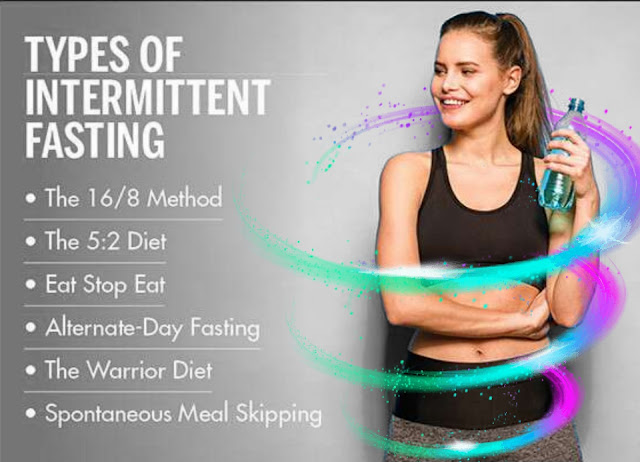IF diet has been gaining popularity in recent years due to its potential health benefits. Here is right place for you to learn about IF DEIT.
IF diet has been gaining popularity in recent years due to its potential health benefits. In this blog, we will discuss the various types of IF and their potential benefits and drawbacks, as well as how to incorporate it into a healthy lifestyle. Here is a right place for your interest in IF diet.
Types of Intermittent Fasting
There are several types of IF, including:
Time-restricted eating: This involves eating all your meals within a specific time window each day. For example, you might eat from noon to 8 pm and fast for the remaining 16 hours.
Alternate day fasting: Alternate between days of normal eating and days of restricted calorie intake. On restricted calorie days, you might eat only 500-600 calories.
5:2 diet : This involves eating normally for five days of the week and restricting calorie intake to 500-600 calories on two consecutive days.
Eat-stop-eat: This involves fasting for 24 hours once or twice a week.
Benefits of Intermittent Fasting
Weight loss: IF can help with weight loss by reducing calorie intake. By shortening the eating window or restricting calorie intake on certain days, people tend to eat less overall, leading to weight loss.
Improved insulin sensitivity: IF has been shown to improve insulin sensitivity, which is the body's ability to respond to insulin. Improved insulin sensitivity can lower the risk of type 2 diabetes and other metabolic disorders.
Reduced inflammation: Chronic inflammation is a risk factor for various diseases, such as heart disease, cancer, and Alzheimer's disease. IF has been shown to reduce inflammation levels in the body.
Improved heart health: IF can lead to lower blood pressure, cholesterol, and triglyceride, all of which are risk factors for heart disease.
Anti-aging effects: Studies suggest that IF can help slow down the aging process by reducing oxidative stress and inflammation.
Drawbacks of Intermittent Fasting
Hunger: During the fasting period, hunger can be challenging to manage, which can lead to overeating during the eating period. It is essential to find a balance and choose an IF method that works best for your lifestyle.
Disordered eating: IF can trigger disordered eating patterns, such as bingeing and purging. It is essential to speak to a healthcare professional before starting any new diet or eating pattern.
Social challenges: IF can make social situations, such as going out to eat or attending parties, challenging. It is essential to plan ahead and find ways to enjoy social situations without compromising your fasting schedule.
How to Incorporate Intermittent Fasting into a Healthy Lifestyle
Choose the right IF method: There are various types of IF, so it is essential to find the one that works best for your lifestyle. Time-restricted eating is the most popular method and is relatively easy to incorporate into your routine.
Stay hydrated: During fasting it is essential to stay hydrated. Drinking water, tea, or black coffee can help reduce hunger and keep you hydrated.
Eat nutrient-dense foods: During the eating period, it is essential to eat nutrient-dense foods to ensure your body is getting the necessary nutrients.
Listen to your body: If you experience hunger or discomfort during the fasting period, it is essential to listen to your body and adjust your IF schedule accordingly.
Combine with exercise: Combining IF with regular exercise can maximize its benefits. Exercise is built muscles and improves overall health.
Conclusion
Intermittent fasting (IF) is a type of diet that involves periods of fasting and non-fasting. It has been gaining popularity in recent years due to its potential health benefits, including weight loss, improved insulin sensitivity, reduced inflammation, improved heart health, and anti-aging effects. However, it is important to choose the right IF method, stay hydrated, eat nutrient-dense foods, listen to your body, and combine it with regular exercise to maximize its benefits. As with any diet, it is essential to speak to a healthcare professional before starting IF to ensure it is suitable for you.







0 Comments
If u have any question,please let me know.